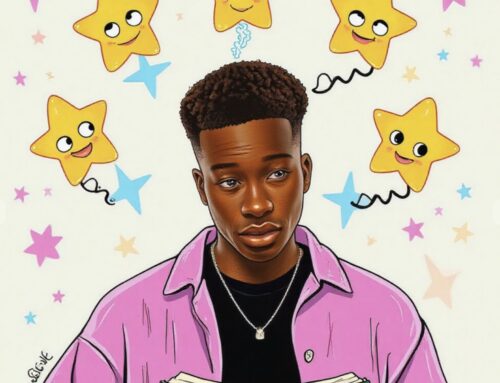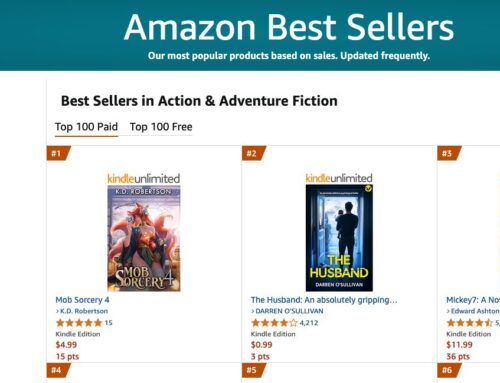Here’s an opportunity to get a glimpse of a pro editor at work. This blog post from The New Yorker, in 2007, shows the development of Raymond Carver’s classic story “What We Talk About When We Talk About Love,” in the hands of his editor, Gordon Lish.
The following document compares the original draft of “Beginners” with the final version of the story, retitled “What We Talk About When We Talk About Love,” edited by Gordon Lish, and published in a collection of the same name by Alfred A. Knopf. Additions to Carver’s draft appear in bold; a strike-through indicates a deletion; and paragraph marks indicate paragraph breaks that were inserted during the editing process.
It’s nifty how just a few changes make the story so much tighter and more powerful:
Terri said the man she lived with before she lived with Mel Herb loved her so much he tried to kill her. Herb laughed after she said this. He made a face. Terri looked at him. Then Terri she said, “He beat me up one night, the last night we lived together. He dragged me around the living room by my ankles. He kept saying, , all the while saying, ‘I love you, don’t you see? I love you, you bitch.’
Notice how much fat the editor cut. This is just a partial example of the strike-throughs:
Herb finished his drink. Then he got slowly up from the table and said, “Excuse me. I’ll go shower.” He left the kitchen and walked slowly down the hall to the bathroom. He shut the door behind him.
“I’m worried about Herb,” Terri said. She shook her head. “Sometimes I worry more than other times, but lately I’m really worried.” She stared at her glass. She didn’t make any move for cheese and crackers. I decided to get up and look in the refrigerator. When Laura says she’s hungry, I know she needs to eat. “Help yourself to whatever you can find, Nick. Bring out anything that looks good. Cheese in there, and a salami stick, I think. Crackers in that cupboard over the stove. I forgot. We’ll have a snack. I’m not hungry myself, but you guys must be starving. I don’t have an appetite anymore. What was I saying?” She closed her eyes and opened them. “I don’t think we’ve told you this, maybe we have, I can’t remember, but Herb was very suicidal after his first marriage broke up and his wife moved to Denver with the kids. He went to a psychiatrist for a long while, for months. Sometimes he says he thinks he should still be going.” She picked up the empty bottle and turned it upside down over her glass. I was cutting some salami on the counter as carefully as I could. “Dead soldier,” Terri said. Then she said, “Lately he’s been talking about suicide again. Especially when he’s been drinking. Sometimes I think he’s too vulnerable. He doesn’t have any defenses. He doesn’t have defenses against anything. Well,” she said, “gin’s gone. Time to cut and run. Time to cut our losses, as my daddy used to say. Time to eat, I guess, though I don’t have any appetite. But you guys must be starving. I’m glad to see you eating something. That’ll keep you until we get to the restaurant. We can get drinks at the restaurant if we want them. Wait’ll you see this place, it’s something else. You can take books out of there along with your doggie bag. I guess I
The slash-throughs go on and on . . . .
Get an Editorial Review | Get Amazon Sales & Reviews | Get Edited | Get Beta Readers | Enter the SPR Book Awards | Other Marketing Services























Leave A Comment